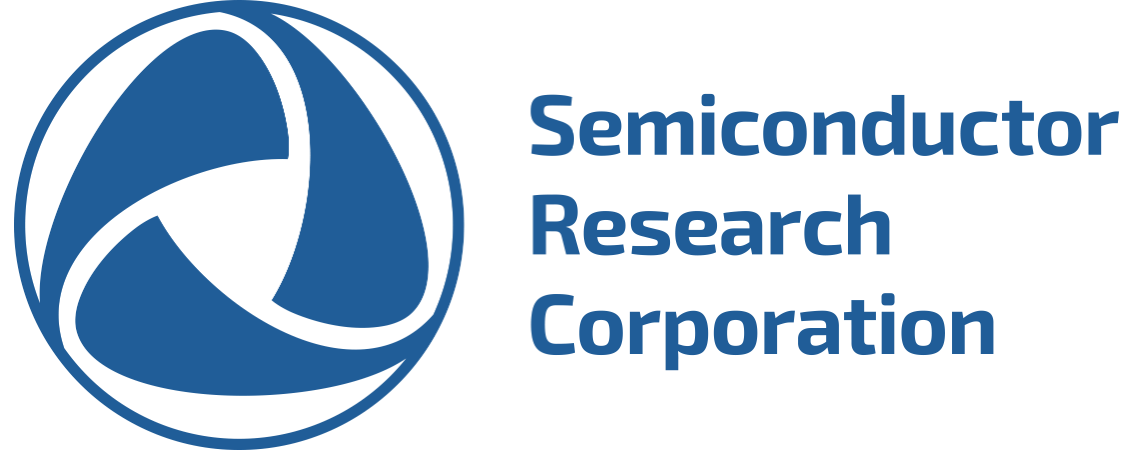
Multi-Core Chip Research to Lead to Performance Gains, Power Reduction for High- and Low-End Computing with $6M Support form SRC, NSF
Joint research by Semiconductor Research Corporation and National Science Foundation Aims at Ground-breaking Solutions for Problems Challenging the Electronics Industry
Sep 2, 2008

RESEARCH TRIANGLE PARK, N.C. - Leaders of the National Science Foundation (NSF) and Semiconductor Research Corporation (SRC), the world's leading university-research consortium for semiconductors and related technologies, today announced a major joint initiative for multi-core chip design and architecture. The three-year program, funded by the two organizations, will focus on several components of multi-core system architecture design that can significantly enhance and accelerate solutions for advancing semiconductor performance. About $6 million in funding is available to U.S. universities, who have been invited to submit research proposals in key areas.
The program is initiating research that will lead to significant advances in state-of-the-art multi-core chip design and architecture, bringing about system-level performance improvements and establishing new and innovative research areas critical to future computing. Specific areas of research for the program include Computer-Aided Design (CAD) for multi-core systems, such as acceleration of design automation tools via multi-core platforms; interconnect, packaging and circuit techniques for multi-core; and low-power innovations.
"As Moore's Law scaling becomes more difficult, researchers must explore new means to insure continued technological advances in computing," said Dr. Sankar Basu, NSF program director. "CMOS scaling is increasingly limited by the realities imposed by physics, making architectural innovations critical to achieving increased computational performance. Multi-core-based systems promise computational performance enhancements and power reduction for both high- and low- end computing platforms."
"This partnership of government, industry and academia helps expose our universities to critical computing challenges," said Dr. Steven Hillenius, SRC executive vice president. "Cooperative programs with NSF help SRC to deliver value to its industrial members' capabilities while allowing universities to continue to improve their understanding of the needs of the semiconductor industry. The work benefits several sectors of the research, design and manufacturing environment."
"This new collaborative research program addresses compelling research needs in multi-core-based systems that are of paramount importance to industry, academia and society at large," added Dr. Jeannette Wing, assistant director for Computer and Information Science and Engineering at NSF. "We welcome industry-based partnerships that offer the academic research community an opportunity to do ground-breaking, basic, long-term research inspired by problems faced by industry."
Per its charter, SRC will continue to take a lead role in collaborating on enhancements brought about by academic research associated with semiconductor design and manufacturing.
About SRC
Celebrating 26 years of collaborative research for the semiconductor industry, the Semiconductor Research Corporation defines industry needs, invests in and manages the research that gives its members a competitive advantage in the dynamic global marketplace. Awarded the National Medal of Technology, America's highest recognition for contributions to technology, SRC expands the industry knowledge base and attracts premier students to help innovate and transfer semiconductor technology to the commercial industry. For more information, visit www.src.org .
About NSF
The National Science Foundation (NSF) is an independent federal agency that supports fundamental research and education across all fields of science and engineering, with an annual budget of $6.06 billion. NSF funds reach all 50 states through grants to over 1,900 universities and institutions. Each year, NSF receives about 45,000 competitive requests for funding, and makes over 11,500 new funding awards. NSF also awards over $400 million in professional and service contracts yearly. For more information, visit www.nsf.gov.
Dana Cruikshank
National Science Foundation (NSF)
dcruiksh@nsf.gov
( 703) 292-7730


